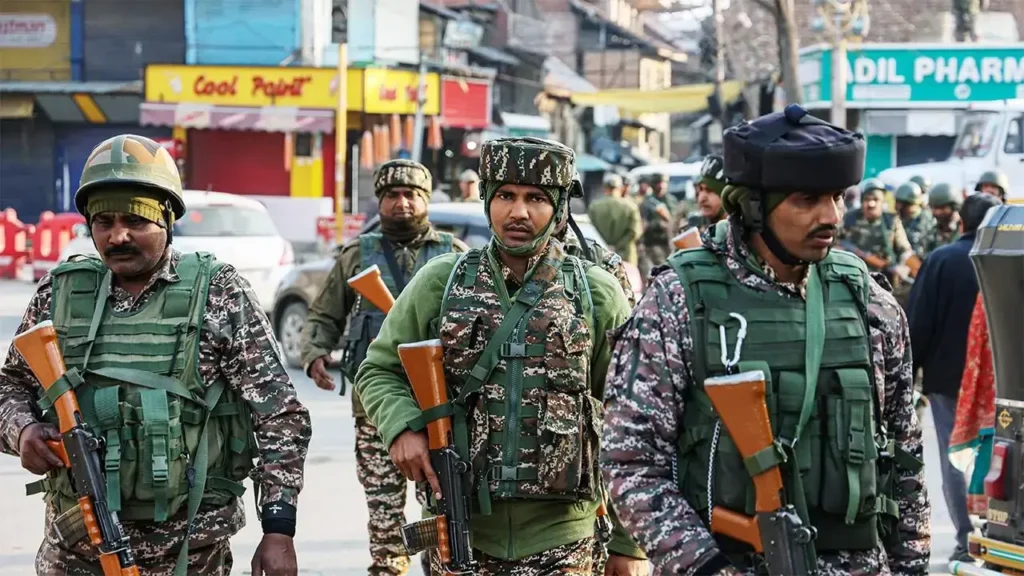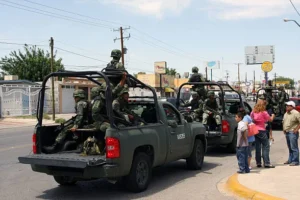On Wednesday, India suspended a decades-old water-sharing treaty with Pakistan and closed the only operational land border crossing. That treaty had survived two wars, but the latest attack on tourists in Kashmir triggered a wave of diplomatic retaliation.
India followed the move by revoking all visas issued to Pakistani citizens effective Sunday, deepening the standoff. In response, Pakistan canceled visas for Indians, suspended all bilateral trade, and blocked airspace for Indian-operated commercial flights.
Hundreds of citizens from both nations crossed back through the Wagah border near Lahore as the standoff intensified further. Pakistan’s government warned that any Indian diversion of river water would be treated as hostile military action, escalating fears.
Drought-hit regions in Pakistan may suffer more if India stops or redirects water flow under the now-suspended treaty arrangement. Pakistan also threatened to cancel the Simla agreement, which defines the Line of Control in Kashmir and maintains fragile peace.
This conflict has alarmed international observers, prompting a call for calm from the United Nations on Friday. The UN urged both nuclear-armed countries to avoid escalation and resolve differences through peaceful bilateral engagement and diplomacy.
Meanwhile, Indian authorities accused two local men and two Pakistanis of organizing Tuesday’s fatal tourist attack in Kashmir. Indian soldiers used explosives to destroy the homes of two suspects in Kashmir’s Pulwama district due to their involvement in the military.
Residents in another village reported demolitions by Indian troops, fearing future appraisals if they speak publicly about events. Friday saw angry protests in Muzaffarabad, where protestors burned Indian Prime Minister Modi’s effigy and opposed the treaty suspension.
New Delhi also witnessed protests as outraged Indian citizens marched through closed markets demanding revenge against Pakistan. Lawmakers in Pakistan’s Senate condemned New Delhi’s actions and rejected accusations tying Islamabad to the Kashmir militant attack. With high tensions, the water treaty risks pushing the region toward further unrest and possible confrontation.










